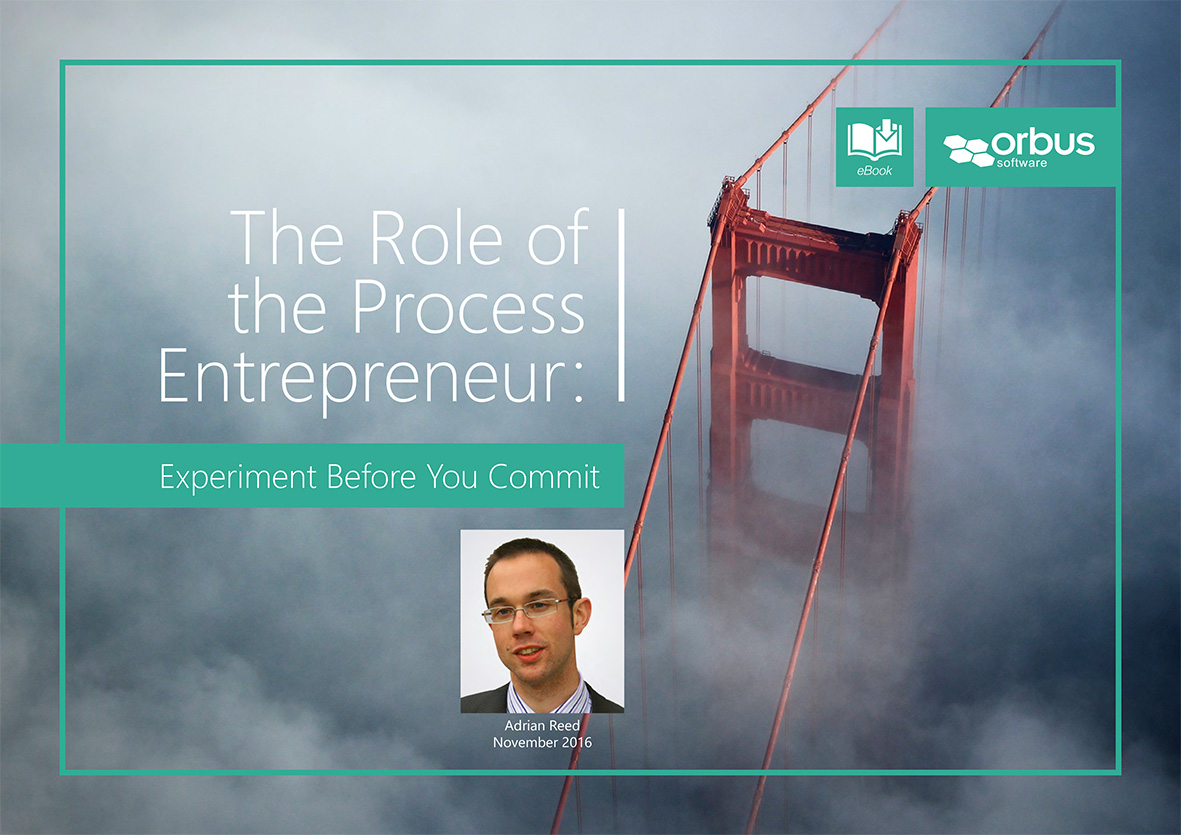Explore the importance of process experimentation and how to encourage more of it in our organizations.
It is often said that we live in volatile and uncertain times. Industries and markets that were once considered relatively stable are experiencing disruption from new competitors, new distribution channels and new business models.
Whether it is a company such as Uber challenging traditional private hire taxi companies, or Bitcoin challenging long-established payment providers, it seems that a fast pace of change has become the new norm.
This change in the competitive environment is made even more complex by broader external factors. Whether it is governments creating new laws and regulations, or the social trends of consumers adapting, there are many reasons that organizations must be vigilant and be prepared to adapt.
Those organizations that can effectively monitor, experiment and align or lead their environment are likely not only to survive but thrive in a volatile world. This ever-changing environment calls for increased flexibility in the systems, processes, structures and technology that underpin organizations and their operations.
Experimentation becomes prevalent, with experienced practitioners embedding a customer-centric culture of entrepreneurial adaptation. This experimentation allows us to test ideas before committing to them and ensures that processes stay flexible enough to meet changing customer expectations.
In this article, we explore the importance of experimentation, and how to encourage more of it in our organizations.
Login to continue reading and download this ebook.
